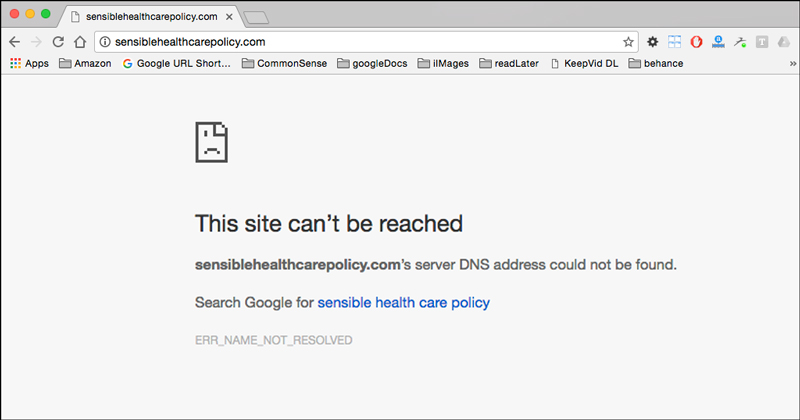“Republicans would create chaos in the health care system because they are stuck,” Senate Minority Leader Chuck Schumer says, “between a rock and a cliché.”
Oh. Off by a word or two. But I don’t need to fix it.
What needs to be fixed is the whole system. “Head clown”* Schumer gloats that it cannot be done. The “delicate balance” that is the Affordable Care Act makes it impregnable. For all Republicans’ talk of repeal, “for five years now they’ve had nothing to put in its place.”
Schumer sees the trap. He set it when he and his comrades voted Obamacare in without reading it. Any new program with any new constituency always presents a set of . . . political hurdles . . . that quickly become “impossible” to jump.
The President-elect, he notes, has supported three of the “most popular” regulations in Obamacare: “pre-existing conditions,” “26-year-olds on parents’ plans,” and sex equality re: insurance rates.
What Schumer fails to mention is that these are three huge drivers of spiraling insurance prices. The Affordable Care Act “delicately balances” medical markets by shifting who pays for what, hoping that the biggest losers† don’t complain too much and the obvious winners never cease protesting‡ any change.
The truth? Obamacare can be repealed. But replacing it would be a disaster. The best plan is no plan. Repeal all the regulations. The federal government should completely deregulate the markets, and prevent states from ruining interstate markets in insurance and health care.
Do what the Commerce clause was designed to do.
Schumer is counting on Republicans to do nothing. Despite signs they’re cooking up something.
This is Common Sense. I’m Paul Jacob.
*What Trump called Schumer. And in the same tweet dubbed Obamacare “a lie.” Truer words never spoken?
† Obamacare presents a huge burden on the self-employed, self-insured, and on the previously insured, since it is these people who most obviously pay for all the newly insureds. Of course, in the end, everybody pays . . . from increasing prices and decreasing rates of progress.
‡ At least they are the focus of advocacy groups. The poor neatly serve as innocent shields of the spoliators.
N. B. Adapted from this weekend’s Townhall column.





 HR 99 resolves that, “the members of the Missouri House of Representatives, Ninety-eighth General Assembly, hereby insist that each member of the Missouri Congressional delegation endeavor with ‘manly firmness’ and resolve to totally and completely repeal the Affordable Care Act, settling for no less than a full repeal.”
HR 99 resolves that, “the members of the Missouri House of Representatives, Ninety-eighth General Assembly, hereby insist that each member of the Missouri Congressional delegation endeavor with ‘manly firmness’ and resolve to totally and completely repeal the Affordable Care Act, settling for no less than a full repeal.”
 For my part, I hope that a collapsed economy in Russia is the least we have to fear. The story isn’t over, and I wouldn’t be gloating over a half-hatched batch of eggs just yet.
For my part, I hope that a collapsed economy in Russia is the least we have to fear. The story isn’t over, and I wouldn’t be gloating over a half-hatched batch of eggs just yet.